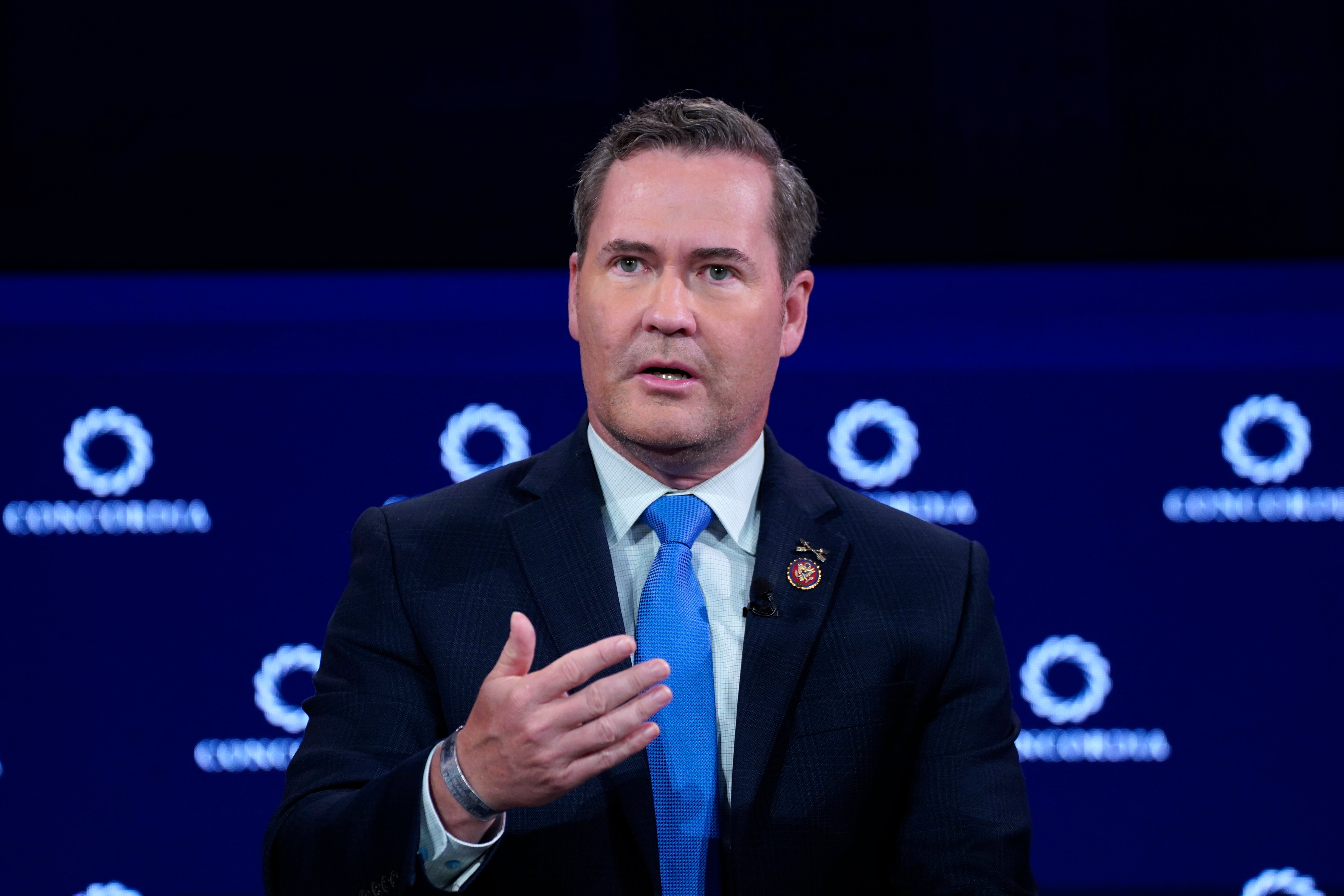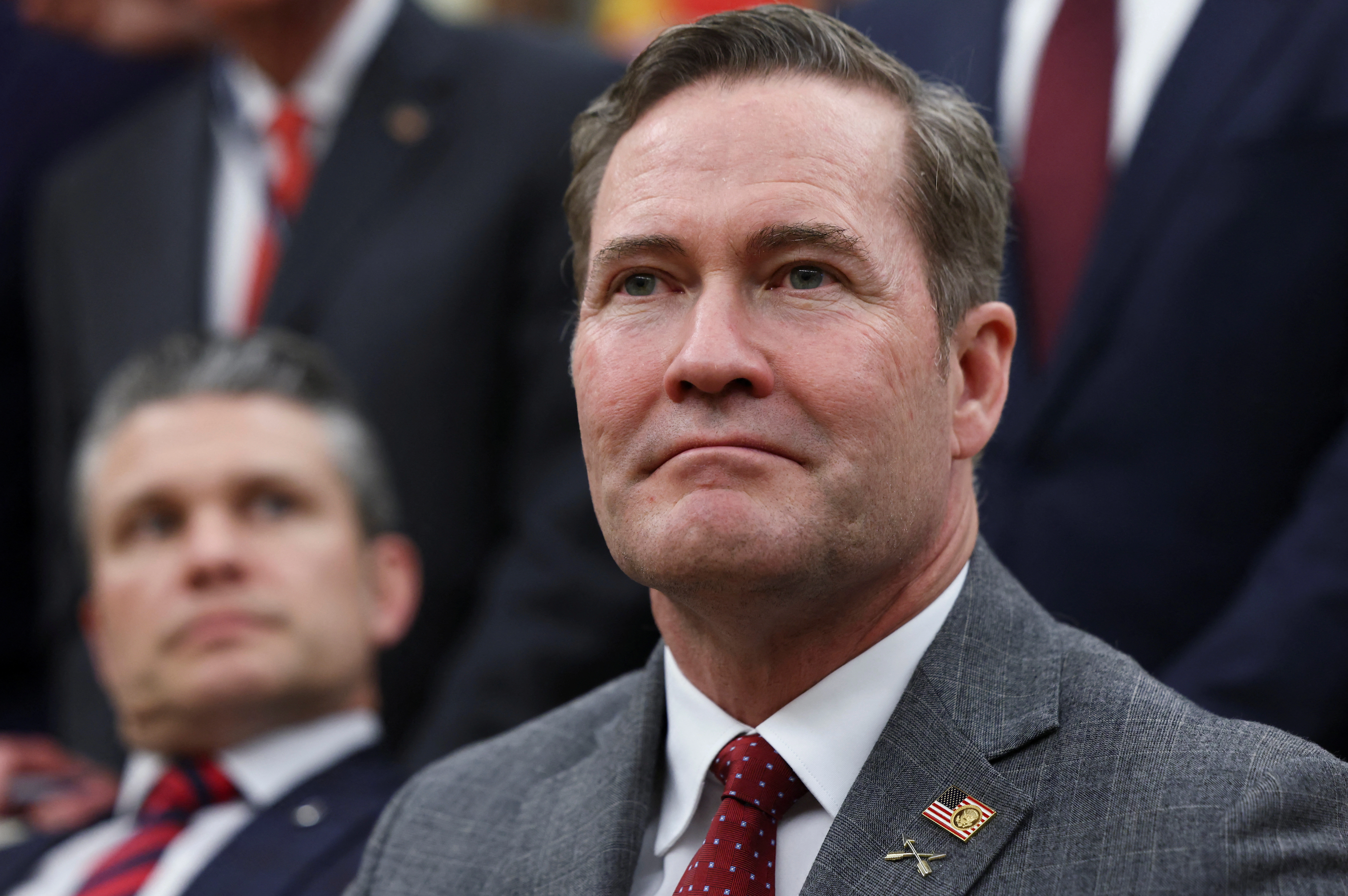
Trump NATSEC officials accidentally shared Top Secret war plans with Editor-in-Chief of The Atlantic
By E.C. Browne
High-level national security figures organized airstrikes against Houthi positions in Yemen earlier this month using a group chat that mistakenly included The Atlantic’s top editor, in a move that seems to have violated multiple federal laws and protocols.
In a report released Monday entitled “The Trump Administration Accidentally Texted Me Its War Plans,” Editor-in-Chief Jeffrey Goldberg explained that he was added to the group on Signal — a privacy-focused, open-source messaging app — by someone identifying themselves as Michael Waltz, President Donald Trump’s national security adviser.
The chat — which eventually involved Defense Secretary Pete Hegseth, Vice President JD Vance, and Secretary of State Marco Rubio, among others — included “operational details of forthcoming strikes on Yemen, including information about targets, weapons the U.S. would be deploying, and attack sequencing,” according to Goldberg.
He said he learned of the airstrikes more than two hours before officials announced them publicly. “The information contained in them, if they had been read by an adversary of the United States, could conceivably have been used to harm American military and intelligence personnel, particularly in the broader Middle East, Central Command’s area of responsibility,” Goldberg wrote.
U.S. military units conducted strikes on over 30 Houthi targets in Yemen during several days earlier this month as part of an ongoing campaign aimed at Iran-backed Houthi rebels, designated a terrorist group that has stalled international shipping for over a year. Defense Department representatives directed questions to the National Security Council, which did not reply to requests for comment.
In a statement, National Security Council spokesman Brian Hughes said that “the message thread that was reported appears to be authentic, and we are reviewing how an inadvertent number was added to the chain.” He also characterized the thread as “a demonstration of the deep and thoughtful policy coordination between senior officials. The ongoing success of the Houthi operation demonstrates that there were no threats to our service members or our national security.”
Nevertheless, officials may have breached rules pertaining to the transmission of classified military information, sensitive operations details, and the maintenance of government records, whether Goldberg’s inclusion was intentional or accidental.
Goldberg noted that aside from sensitive military exchanges, the discussion revealed criticisms of Trump’s Middle East approach and frustrations over European allies’ lack of involvement in the region. He added that Hegseth reassured participants “we are currently clean on OPSEC” despite the inadvertent presence of a journalist and the use of a non-governmental communication platform.










